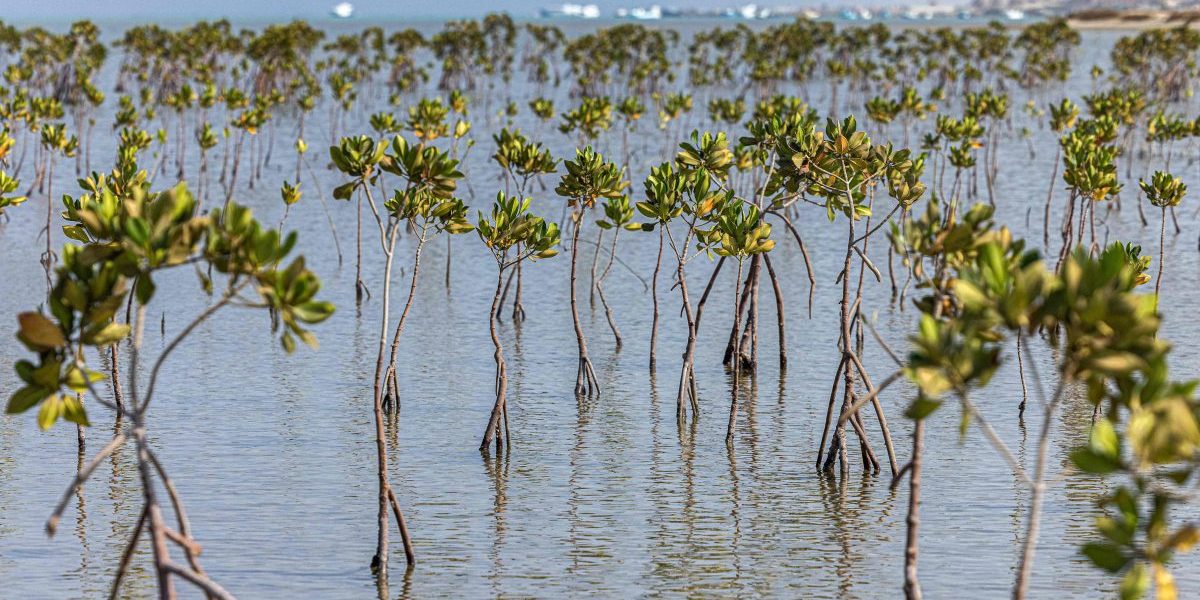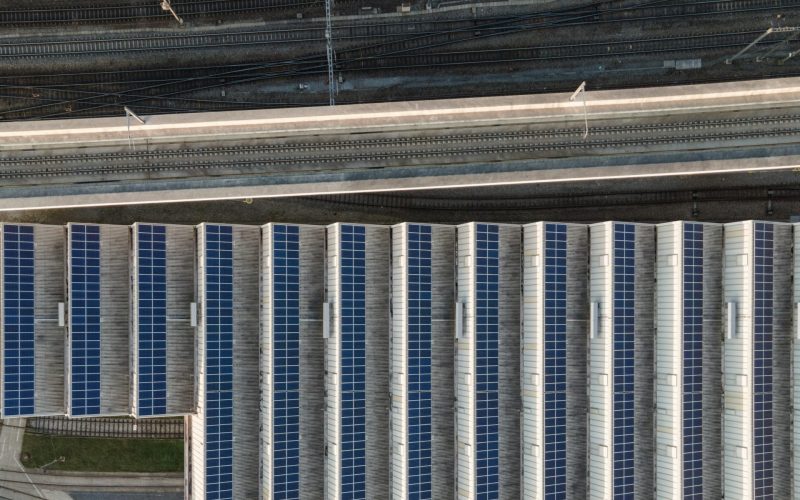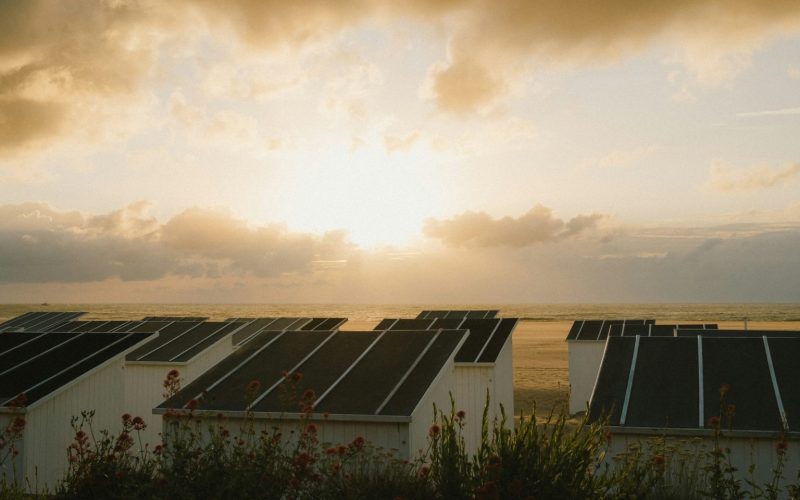Summary:
- The marine ecosystems of SADC are under significant threat, as several crucial challenges related to their effective restoration and conservation persist.
- As part of their Nationally Determined Contributions (NDCs), many SADC coastal states have outlined their respective plans to implement ecosystem-based adaptation (EbA) policies consistent with their climate commitments to the Paris Agreement.
- The window of opportunity to integrate marine and coastal EbA into NDCs and other climate policy processes is closing rapidly.
- There is a need to develop a more nuanced understanding of how different climate and non-climate phenomena affect the implementation of EbA in SADC.
- A number of serious obstacles in SADC, such as capacity building and stakeholder participation, must be addressed if EbA policies are to be translated into effective implementation.
- Overcoming these obstacles will require an integrated approach that draws on relevant best practice to identify and remedy any gaps in existing policy implementation processes.
Listen:








